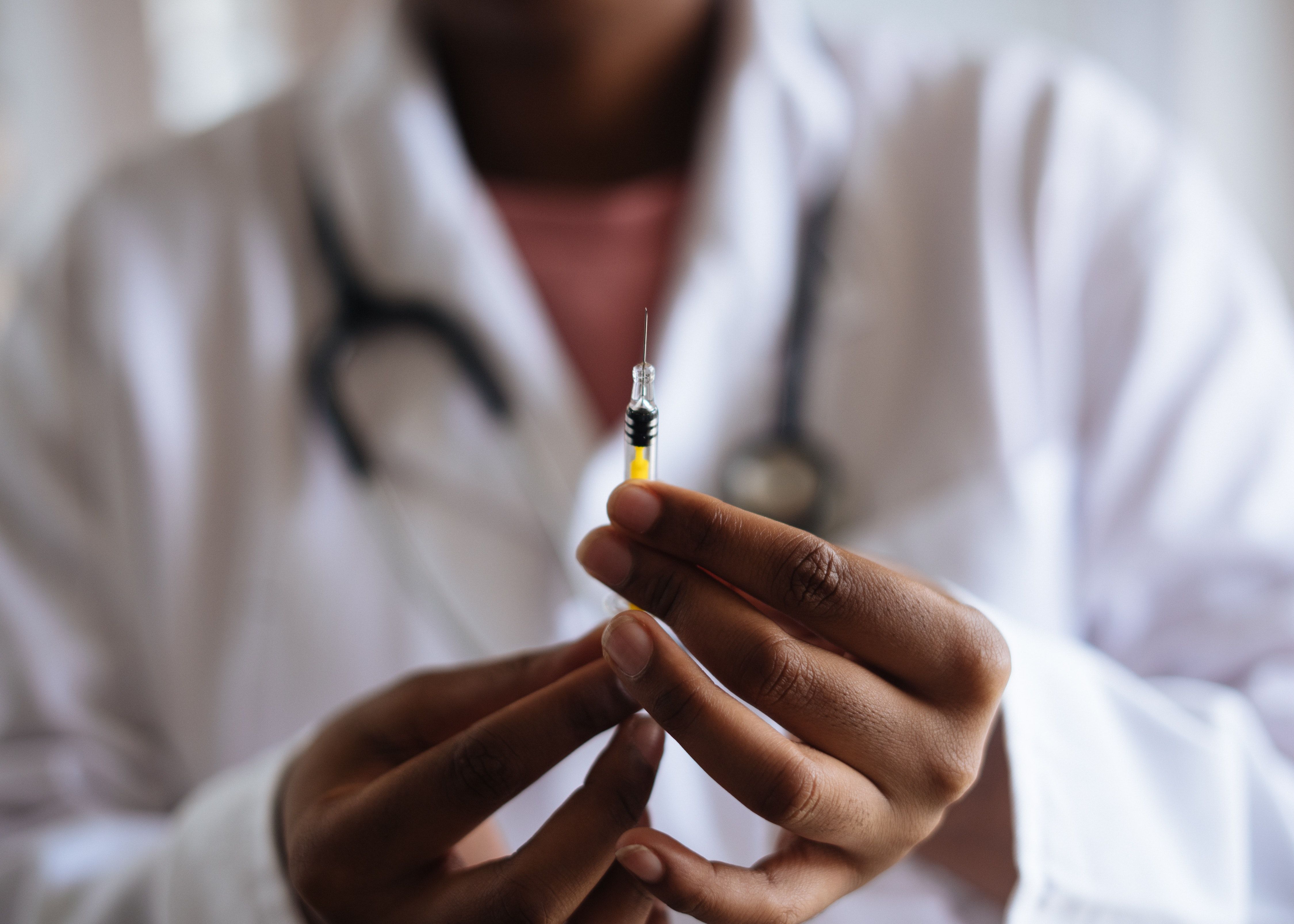Article
Infant Hepatitis B Vaccination Program Reducing Mortality Rate
Author(s):
The US recommended HBV vaccines to be part of the infant immunization plan in 1991.

In the past 3 decades the all-cause and cancer-related mortality rates due to hepatitis B virus (HBV) infections has dropped, thanks in large part to a push to include HBV vaccinations as part of the infant immunization plan.
A team, led by Wen-Qiang He, BMed, MMSc, PhD, School of Population Health, University of New South Wales, assessed the effectiveness and impact on mortality of HBV immunizations for infants against HBV infections.
Since 1991, HBV vaccines are part of the infant immunization schedule in the US, but data regarding the programs impact on mortality reduction is limited.
“Following the universal childhood HBV vaccination program introduced since 1990s globally, decreasing prevalence of HBV infection has been observed from studies in multiple countries, including countries with high endemicity of HBV as well as countries with low endemicity,” the authors wrote. “In 1991, the Advisory Committee on Immunization Practices (ACIP) recommended the universal childhood vaccination to eliminate HBV transmission in US.”
HBV Vaccinations
In the study, the investigators examined patients aged 6 years and older with a HBV vaccination history and an HBV serologic testing history from the National Health and Nutrition Examination Survey, 1999-2018.
They also followed adult participants with linked mortality records from 1999-2014. Overall, 64,107 participants were included in the final analysis, with 40.7% (n = 29,600) completing HBV vaccine series of at least 3 doses.
The investigators sought primary outcomes of mortality in all-cause mortality and secondary outcomes of cancer-related and cardiovascular-related mortality.
The team used multivariable logistic regression to compute vaccine effectiveness overall, by birth year, and age, and used Cox regression to estimate hazard ratios for all-cause, cancer-related, and cardiovascular-related mortality.
The highest vaccination uptake occurred in individuals born after 1991, which was 86.5%. Vaccinated participants also had a higher prevalence of vaccine-induced immunity than unvaccinated individuals (47.2% vs. 7.4%).
Effectiveness and Mortality
For patients born after 1991, vaccine effectiveness was 58% (95% CI, 18-79%). Vaccine effectiveness increased to 85% in individuals older than 20 years (mean age, 22), but there was no effect found among those born prior to 1990.
In addition HBV vaccinations reduced the risk of all-cause mortality (HR, 0.78; 95% CI, 0.69-0.90) and cancer-related mortality (HR, 0.76; 95% CI, 0.58-1.00).
However, HBV vaccination was not associated with any reductions in cardiovascular-related mortality.
“In universal infant vaccination era, HBV vaccine showed substantial effectiveness against HBV infection and maintained strong protection for 20 years,” the authors wrote. “It was also associated with reduced risk of all-cause and cancer-related mortality.”
Limitations
However, while HBV vaccinated provided clear effectiveness against HBV for at least 20 years, the investigators cautioned that further research is needed to confirm these associations with liver-related mortality for a longer follow-up period.
The investigators also said there are a number of reasons to be cautious about the data.
“The association of HBV vaccination with reduced risk of all-cause and cancer-related mortality may be skewed by the population accepting vaccination,” the authors wrote. “As described previously, the vaccinated population might be generally healthier compared to unvaccinated population.”
The study, “The impact of hepatitis B vaccination in United States, 1999-2018,” was published online in Hepatology.





